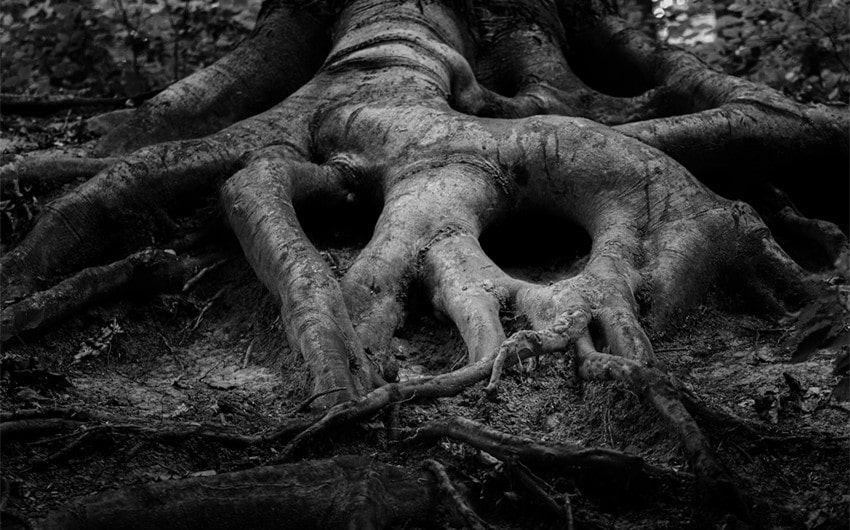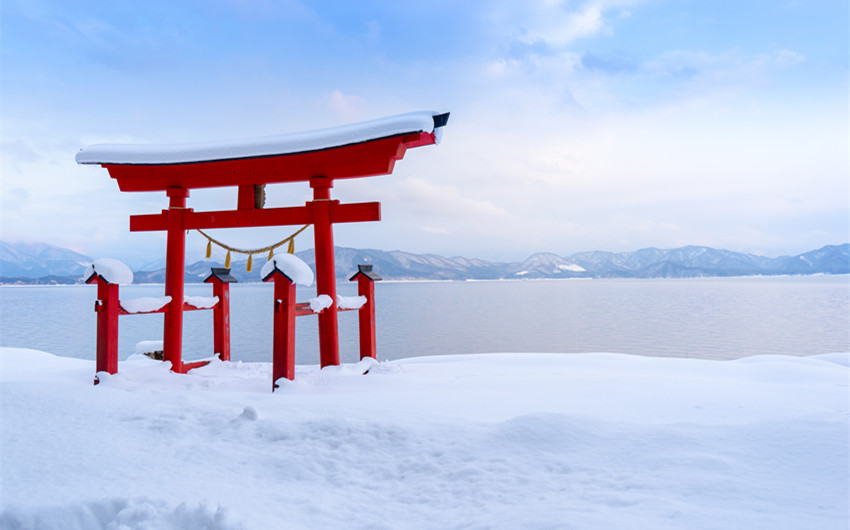The Deeper Symbolism in the Touji Name Meaning Explained
Japanese names often hold layers of meaning, shaped by the kanji chosen to write them. Touji is one such name—simple in sound but rich with potential interpretations. Whether it evokes images of strength, serenity, or spiritual depth, the name changes depending on the characters behind it.
Exploring the Touji name meaning opens up a world of possibilities, from “eastern ruler” to “winter peace” or even “fighting spirit.” If you’re curious about Japanese names that carry both poetic and personal significance, this one offers a fascinating glimpse into how language and symbolism come together in just two syllables.
Common Kanji Variations and Literal Meanings
In Japanese, the name Touji (とうじ / トウジ) can be written using a variety of kanji combinations, each lending the name a different nuance or interpretation. Because each kanji character holds its own unique meaning, the way Touji is written can shift its tone—from strong and bold to calm and spiritual. This flexibility makes it a versatile and meaningful name choice, often appreciated for both its sound and the layered significance behind it.
Here are some of the most common and interesting kanji combinations used for the name Touji:
東司 – “Eastern Ruler”
- 東 (Tou) – East
- 司 (Ji) – To govern, to manage, official
- Meaning: This combination evokes the image of someone who leads or governs with clarity and purpose, especially in the direction of the rising sun, which symbolizes beginnings, energy, and renewal in Japanese culture. It may suggest a person with a visionary nature, someone who guides others or takes initiative.
冬治 – “Winter Healer” or “Peace in Winter”
- 冬 (Tou) – Winter
- 治 (Ji) – To heal, to govern, to bring order
- Meaning: This kanji pairing carries a peaceful, reflective tone. Winter in Japanese symbolism represents stillness, rest, and endurance, while 治 brings the sense of healing, stability, or calm leadership. Together, the name can be interpreted as a person who offers comfort in difficult times, or someone who is strong and stable even in life’s colder seasons.
闘司 – “Fighting Leader” or “Warrior Governor”
- 闘 (Tou) – Battle, fight
- 司 (Ji) – To manage, govern
- Meaning: A strong and dynamic name combination, this version of Touji emphasizes resilience, strength, and leadership. It could be given to someone admired for their courage in adversity, or as a symbol of inner strength and determination. The name has a bold tone and is well-suited to a character who is both protective and principled.
東寺 – “Eastern Temple”
- 東 (Tou) – East
- 寺 (Ji) – Temple
- Meaning: Though also the name of the historic Tō-ji Temple in Kyoto, this combination can be used symbolically in a name. It suggests spiritual grounding, wisdom, and reverence, with the east symbolizing new beginnings and temple representing inner peace or sacred space. This version of Touji may reflect a person who is thoughtful, mindful, or spiritually attuned.
透司 – “Transparent Leader” or “Clear Governance”
- 透 (Tou) – Transparent, clear, pure
- 司 (Ji) – To govern, to direct
- Meaning: A modern and refined interpretation, this kanji set implies honesty, clarity, and integrity in leadership. It may describe someone who leads with openness and truth, valuing clear communication and genuine intention. It’s a name that conveys purity of purpose and trustworthiness.
Symbolic and Spiritual Interpretations

While the kanji used to write Touji offer clear literal meanings, the deeper symbolic and spiritual significance of the name emerges when we step back and consider how those elements interact. In Japanese culture, names are carefully selected not only for their linguistic beauty or familial ties but also for the values, emotions, and hopes they carry. The name Touji, depending on its kanji and context, can evoke ideas of balance, strength, clarity, resilience, and spirituality—making it more than a name; it becomes a quiet expression of character and worldview.
1. A Name That Embodies Balance and Duality
Many combinations of Touji pair elements that symbolize both power and peace, or action and stillness. For instance, pairing a strong character like “fight” (闘) with one meaning “govern” (司) or “heal” (治) reflects an individual who not only possesses inner strength but also the ability to use it wisely and compassionately.
In this way, Touji can be seen as a name of balanced duality, much like the yin and yang—where opposing forces coexist in harmony. Spiritually, this balance suggests a person who is whole and centered, capable of leading with both heart and discipline.
2. A Reflection of Inner Strength and Resilience
Beyond the surface, Touji can symbolize strength that comes from within—not loud or boastful, but grounded and enduring. In Japanese thought, true strength is often defined by perseverance in silence, the ability to endure adversity, and to remain composed during difficulty.
A name like Touji might represent someone who has faced challenges but continues to lead a life of integrity and quiet determination. Whether in spiritual battles, personal growth, or leadership, this interpretation of Touji suggests someone who holds firm to their values and navigates life with deep emotional stamina.
3. A Spirit Rooted in Peace and Clarity
Depending on the kanji, Touji can also evoke feelings of serenity, wisdom, and healing. When associated with characters like “heal” (治) or “temple” (寺), the name reflects a personality that values inner peace and mindfulness. It may be seen as the name of someone who brings calm to others, who listens more than they speak, and who radiates a quiet presence that puts people at ease.
Spiritually, this aligns with Zen principles—living in the present, honoring simplicity, and seeking harmony within and without. It’s a name that resonates with those who walk through life not in haste, but with thoughtfulness and grace.
4. A Subtle Connection to Nature and the Flow of Time
Japanese names often have an intimate relationship with nature and the seasons, and Touji is no exception. Variations that include characters like “east” (東) or “winter” (冬) suggest a link to the natural rhythm of the earth. The east is where the sun rises—symbolizing new beginnings, illumination, and growth.
Winter represents rest, reflection, and quiet strength. Taken together, these elements infuse Touji with a sense of timing, renewal, and spiritual alignment with nature. A person with this name may be seen as someone who flows with life rather than fights against it—someone attuned to both the stillness and movement of time.







